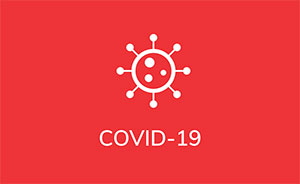The journal BLOOD has just published this excellent commentary on the two large studies on SARS-Cov2 infections in CLL patients.
Dr. Emili Montserrat provides a helpful comparison of our COVID-19 severity and mortality compared to that of the general population, as well as with that of all cancer patients. His analysis offers a chilling perspective on our increased risk.
He reminds us that there is much that we don’t know about COVID-19 in chronic lymphocytic leukemia, including the rate of asymptomatic or mild disease.
He discusses the risks and benefits that our impaired immunity might play and the reasons for optimism concerning the therapeutic use of BTKis such as ibrutinib or acalabrutinib to mitigate the immune consequences of COVID-19.
The data are not good, but Prof. Montserrat offers us reasons to be hopeful. He reminds us that the data “should not be interpreted as the destiny of CLL patients is to contract severe, deadly COVID-19.”
Because smart patients get smart care, we bring you all the news, even when it is not what you want to read: When CLL meets COVID-19.
Again, quoting the professor: “Meanwhile, and as long as the COVID-19 outbreak persists, patients with CLL should maintain standard preventive measures (ie, hand washing, safe interpersonal distance, masks) and be managed, whenever possible, in CLL reference centers with COVID-19–free facilities and telemedicine resources.”

















